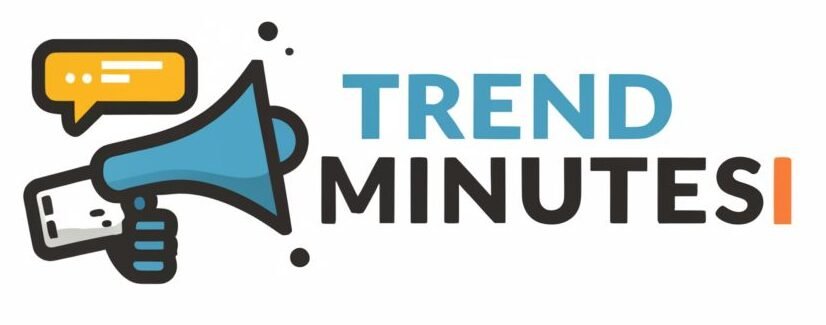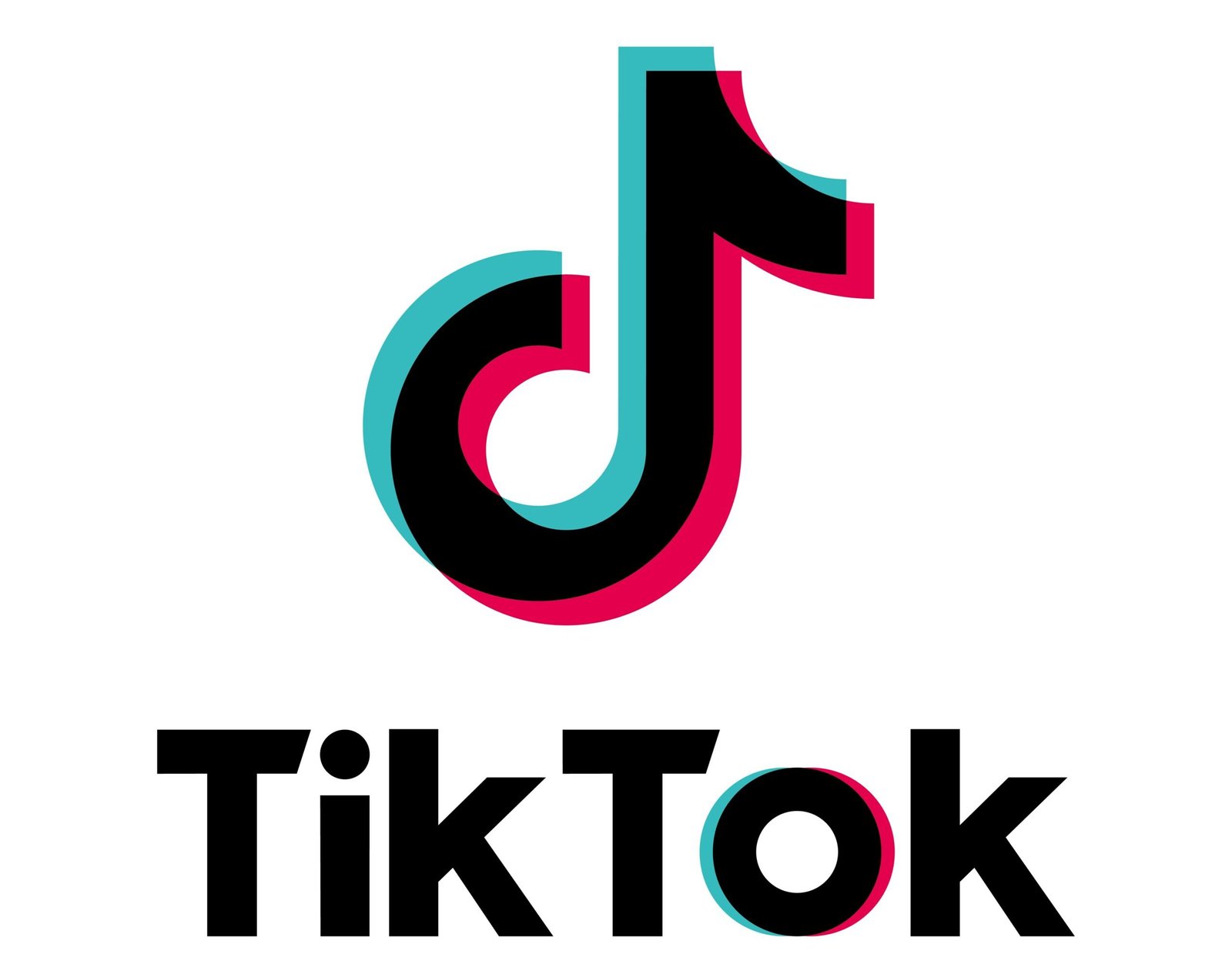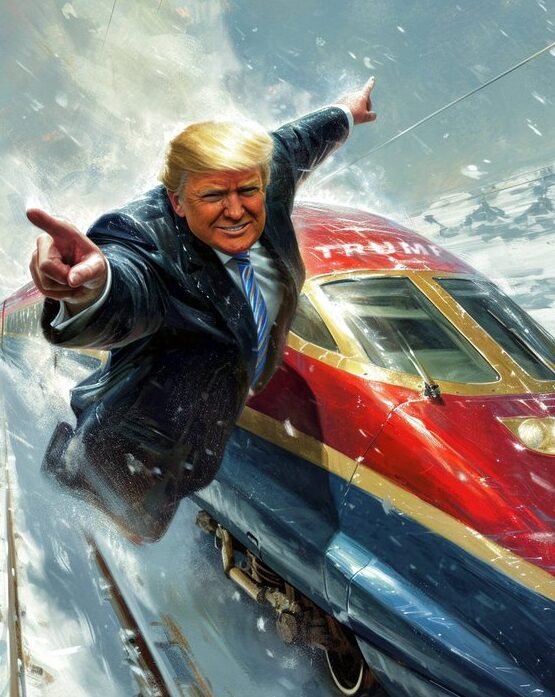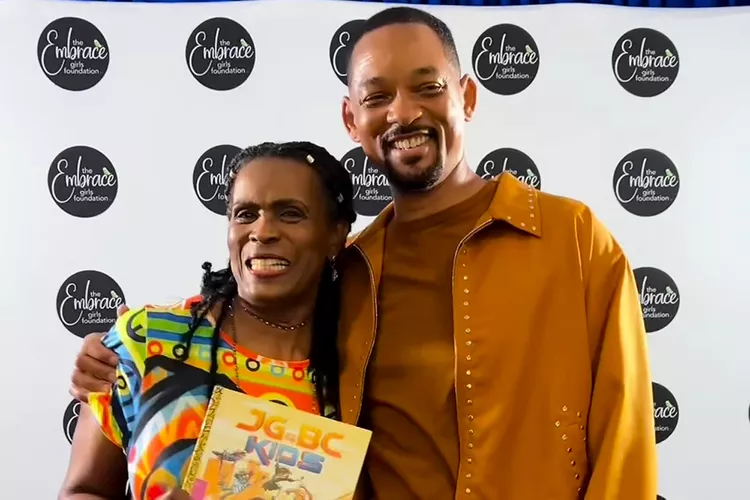TikTok is taking steps to prevent the spread of misinformation during the 2024 European Parliament elections by launching an in-app Election Center. The ByteDance-owned social media platform will host local language centers for each of the 27 EU countries to help viewers “separate fact from fiction.”
The election centers will be available for TikTok’s 134 million monthly European users to access in March, ahead of the bloc taking to the polls in early June. The centers will aim to inform European voters about the elections, and videos linked to the electoral process will be clearly signposted and guide users to the relevant center.
TikTok also noted that it has a team of 6,000 people working to moderate EU languages content. Kevin Morgan, Head of Safety and Integrity for Europe, the Middle East, and Africa, said the initiative is just one element of a wider strategy to ensure that TikTok remains a creative, safe, and civil place for the community during the election period.
The election centers build upon efforts started in 2021, and continued last year, where similar hubs were established for national elections in Greece, the Netherlands, Poland, Slovakia, and Spain.
TikTok’s Efforts to Combat Misinformation
TikTok has taken several steps to ensure that AI-generated content does not further the spread of misinformation. The platform requires creators to label any realistic AI-generated content (AIGC), and recently launched a first-of-its-kind tool to help people do this.
Meta, the creator of ChatGPT, announced that it would also begin marking fake imagery generated by its artificial intelligence image generator DALL-E 3. Similarly, OpenAI announced that it would mark fake imagery generated by its artificial intelligence image generator DALL-E 3.
TikTok’s efforts to combat misinformation are part of a broader trend among tech companies. In February, Meta announced its own labels for AI-generated content shared to Instagram, Facebook, and Twitter during the largest global election year in history.
Misinformation and Democracy
Misinformation is a significant concern for democracies worldwide. In the United States, compulsory voting can reduce political polarization, according to a study. In London, football fans were told “don’t sit on the sidelines” in a voting campaign. In Russia, the opposition in exile called on the EU not to recognize Putin’s election. In Cambodia, a Taiwanese YouTuber was sentenced to jail for faking his kidnapping.
TikTok’s efforts to combat misinformation are not limited to the EU elections. The platform has taken several steps to ensure that its users are presented with accurate information.
In February, TikTok announced that it would begin labeling AI-generated content to help users distinguish between real and fake content. The platform also launched a first-of-its-kind tool to help creators label their AI-generated content.
TikTok’s efforts to combat misinformation are part of a broader trend among tech companies. In February, Meta announced its own labels for AI-generated content shared to Instagram, Facebook, and Twitter during the largest global election year in history.
TikTok’s election centers build upon efforts started in 2021, and continued last year, where similar hubs were established for national elections in Greece, the Netherlands, Poland, Slovakia, and Spain.
TikTok’s efforts to combat misinformation are essential in ensuring that the platform remains a safe and civil place for its users. The company’s initiatives to work with local electoral commissions and civil society organizations will help build trust with its users and ensure that the platform is not used to spread misinformation.
TikTok’s election centers are a positive step towards ensuring that the platform remains a place for creative expression and political discourse, without the risk of misinformation. The company’s efforts to label AI-generated content and work with local electoral commissions and civil society organizations will help build trust with its users and ensure that the platform is not used to spread misinformation.
In conclusion, TikTok’s election centers are an important initiative to combat misinformation during the EU elections. The platform’s efforts to label AI-generated content and work with local electoral commissions and civil society organizations will help build trust with its users and ensure that the platform is not used to spread misinformation. TikTok’s election centers are a positive step towards ensuring that the platform remains a place for creative expression and political discourse, without the risk of misinformation.





